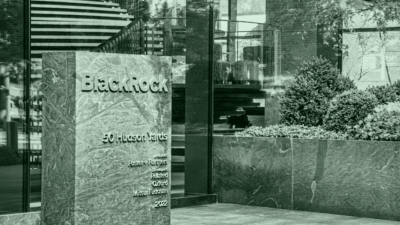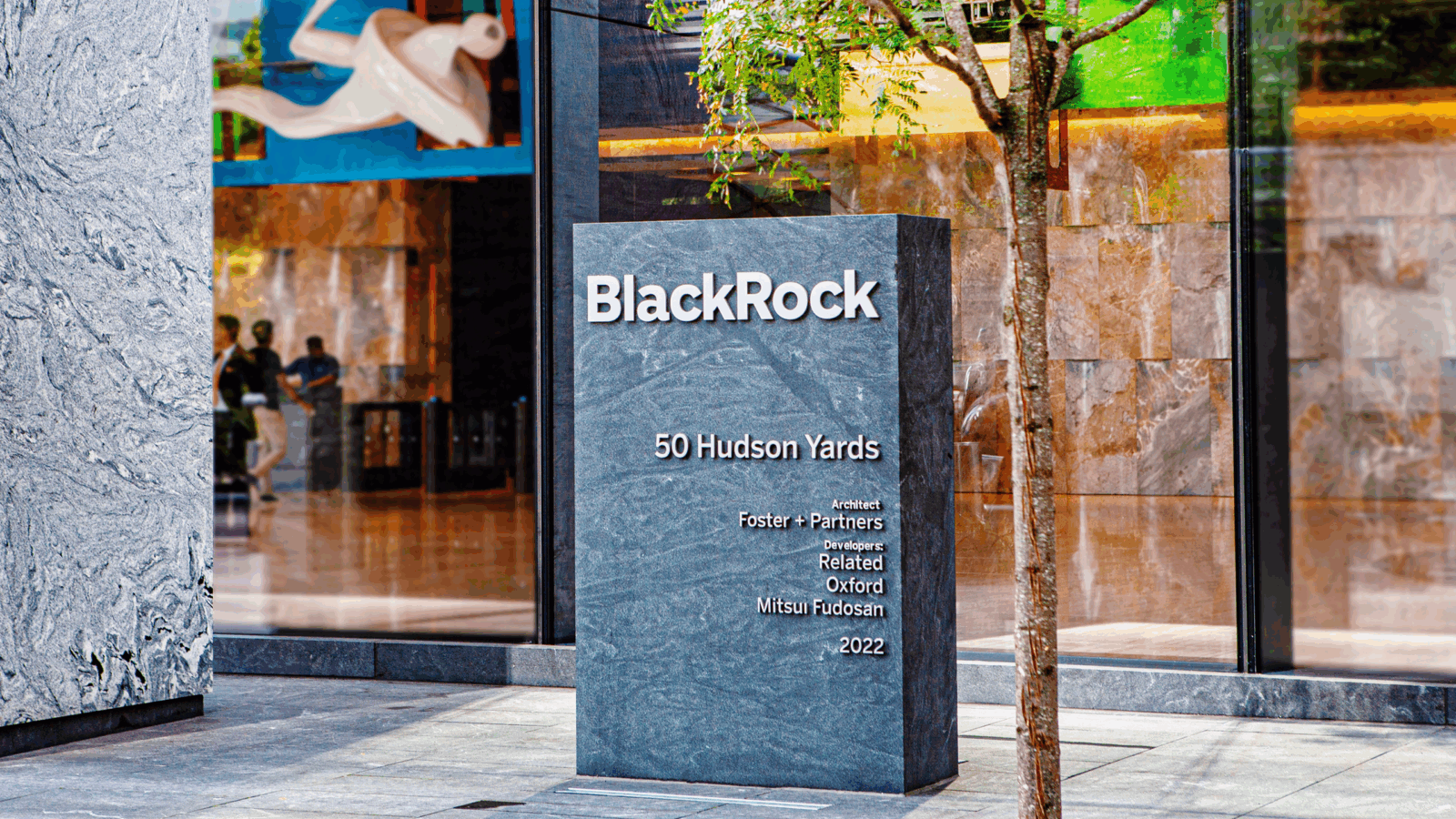Private Equity Group Dodges FTC Antitrust Lawsuit
A US judge ruled Tuesday that private equity groups still have legal cover from lawsuits involving their portfolio companies.

Sign up for smart news, insights, and analysis on the biggest financial stories of the day.
Private equity groups can breathe easier for now, but they’re not out of the regulatory woods.
A federal district court judge in Texas dismissed a Federal Trade Commission lawsuit against PE firm Welsh Carson Anderson & Stowe (WCAS) for its role in a merger of regional anesthesiology practices. The decision holds up the traditional legal cover that PE groups have from lawsuits involving their portfolio companies — though the practice of such “roll-up” mergers remains in regulator crosshairs.
Split Decision
The FTC’s lawsuit last September against an allegedly decade-long anticompetitive acquisition spree in Texas’s anesthesiology market named two defendants: US Anesthesia Partners (USAP), a portfolio company that went on an acquisition spree, as well as WCAS, the PE firm that formed USAP in 2012 and continues to hold a stake in it. Regulators argued that the two entities “executed a roll-up scheme, systematically buying up nearly every large anesthesia practice in Texas to create a single dominant provider with the power to demand higher prices.”
The lawsuit looked to challenge or set two new precedents in antitrust law. The case marked the first such time the FTC attempted to establish serial roll-ups — when firms buy and merge various small businesses into one company — as an anti-competitive business practice, a strategy highlighted for the first time by the agency’s new M&A guidelines released last year. But antitrust experts also quickly noted the lawsuit’s specific inclusion of WCAS as a defendant, which directly brought into question whether PE firms can or should be held liable for the actions of their portfolio companies.
The latest ruling represented something of a split decision:
- The judge ruled the case against USAP could move forward, saying it has “plausibly alleged acquisitions resulting in higher prices for consumers, along with a market allocation and price-setting scheme. It would be premature to dismiss these claims at this stage.” That’s a win for those who want to regulate roll-ups.
- But the judge dismissed the FTC’s case against WCAS — which pared back its stake in USAP to 23% from 50%, and controls just two of its 14 board seats — saying it couldn’t prove that WCAS controlled USAP, and that the FTC failed to prove “that receiving profits from an entity that may be violating antitrust laws is itself a violation of antitrust laws.”
The decision “opens the door to a lot [more antitrust lawsuits],” Matt Stoller, director of research at the American Economic Liberties Project, told The Daily Upside. “Roll-ups are a typical tactic in business at this point. [This lawsuit] could be very meaningful.”
Private Practice: But are PE firms entirely off the hook? Not exactly. Stoller pointed to a private class-action antitrust lawsuit brought by cheerleaders against alleged cheerleader-apparel monopolizers Varsity Brands and its PE owner Bain Capital as another example of PE firms being held liable for their portfolio company’s actions. On Tuesday, Varsity Brands and Bain Capital agreed to an $82 million settlement.











